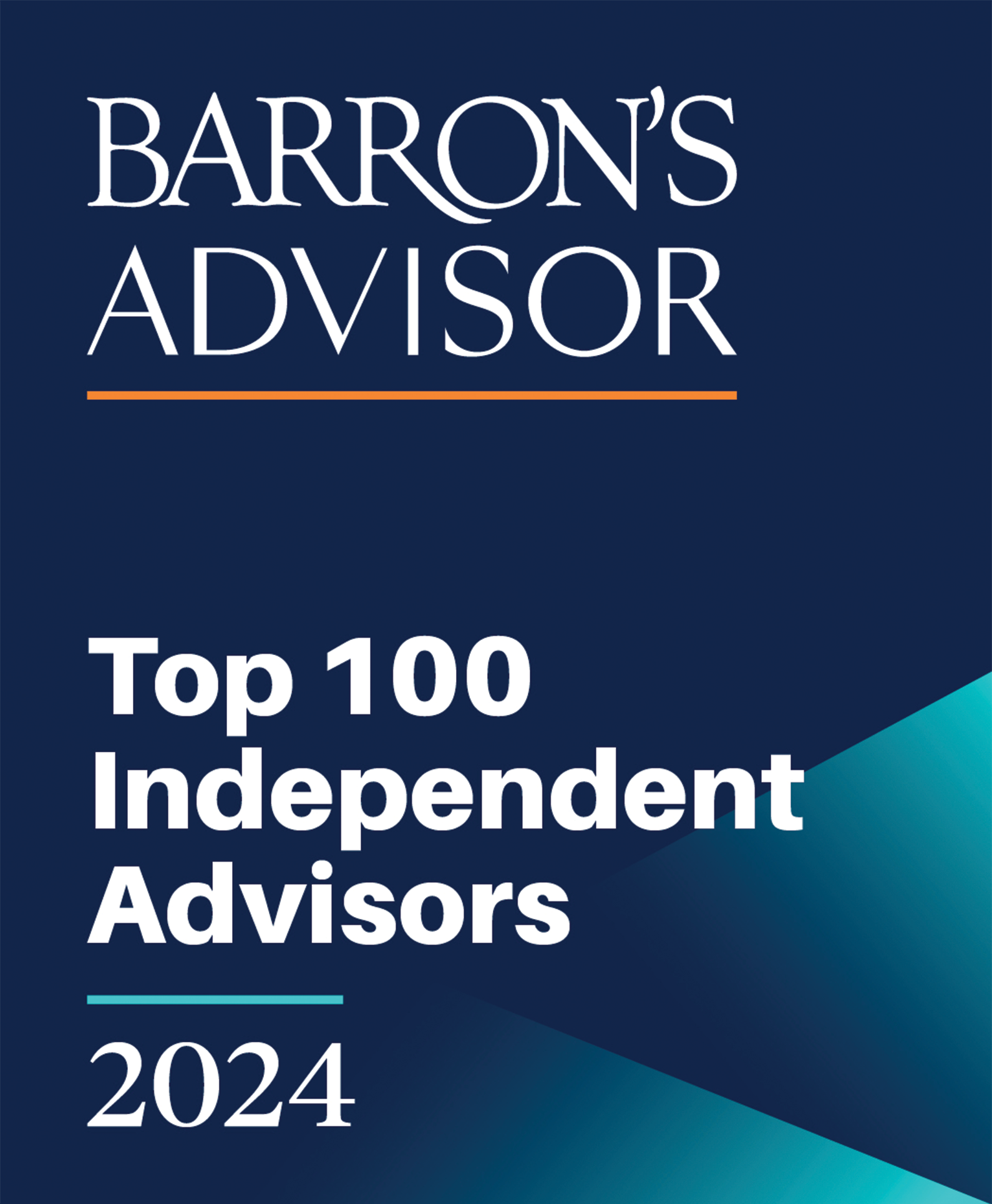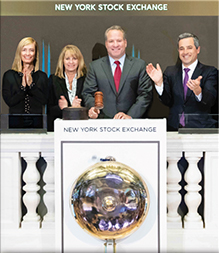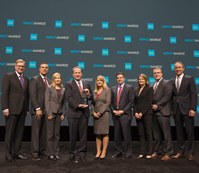President Joe Biden has recently proposed a 39.6% top marginal income tax rate, up from 37%. The top tax rate is scheduled to be increased to 39.6% after 2025 when the current Tax Cuts and Jobs Act is set to expire even if Congress doesn’t pass the President’s proposal. If Congress does pass the legislation to enact the higher proposed rate, which isn’t assured, it would kick in for the 2022 tax year and most likely not be retroactively applied for the 2021 tax year. With the looming threat of higher income tax rates in the not so distant future, now is the prime time to review your current situation to see if paying some taxes now through a Roth conversion can benefit you over the long-term.
The basic idea behind a Roth conversion is to pay off some or all of your tax deferred pre-tax retirement account now, in favor of having all the advantages of an after-tax Roth IRA account over the long run. This is especially beneficial when you anticipate paying a higher income tax rate in the future than you would presently. Generally, people will use a Roth conversion to fill up their current income tax bracket with the taxable income generated from the amount converted to a Roth IRA.
The applicable income tax rate isn’t the only factor to consider when evaluating whether or not a Roth conversion is right for you. There are many other potential benefits to consider. With the recent elimination of the stretch IRA, beneficiaries of traditional IRAs or other pre-tax retirement accounts will have an accelerated Required Minimum Distribution (RMD) schedule according to the 10-year rule. This means that if you have a substantial amount of your estate that is pre-tax, your beneficiaries will have to incur a larger income tax burden for the 10 years following your death. This tax inflexibility will force your beneficiaries to distribute the full amount inherited within 10 years while including amounts distributed in their taxable income, which may come at a time they did not want to realize that additional income.
Another consideration in your decision to make a Roth conversion is to make sure you have some non-IRA money to pay off the taxes incurred from the decision. This can be especially true for people under age 59 ½. For instance, if you are younger than 59 ½ and make a $15,000 Roth conversion while withholding $3,000 for taxes, the IRS will consider the $3,000 withheld for taxes as a pre-59 ½ distribution and you would be assessed a 10%, or $300, penalty on this distribution unless you fall under the exemptions.
If you do not already have a Roth IRA, it would be beneficial to start one. This would start the clock on Roth IRAs’ five-year rule. The five-year rule is used to determine if the earnings, or interest, from your Roth IRA will be tax and penalty free. For your earnings to be a qualified tax-free distribution you must be over age 59 ½ and have at least five tax years after the first contribution to your Roth IRA. Roth conversions have a special five-year rule, in that each conversion has its own five-year period. The IRS ordering rules use a First-In First-Out (FIFO) method, so if you make multiple conversions over numerous years each would have its own five-year clock with the earnings from the first conversion coming out first.
Roth conversions have many long term advantages and can benefit you and your beneficiaries for years to come. With looming increases to income tax brackets on the horizon now is the prime time to review your personal circumstances to see if a Roth conversion is right for you. This is a complex piece of financial planning that is also heavily factored based on your taxation level. As always, remember to consult a financial professional or tax professional before making any major decisions.
Click here to read more of my RetireMint articles. Follow me on Twitter or Linkedin.







